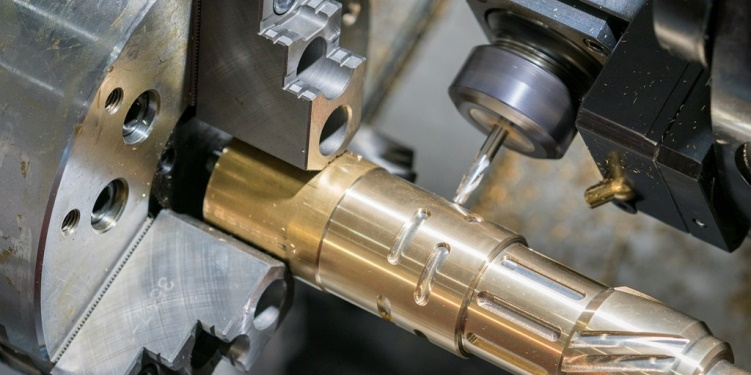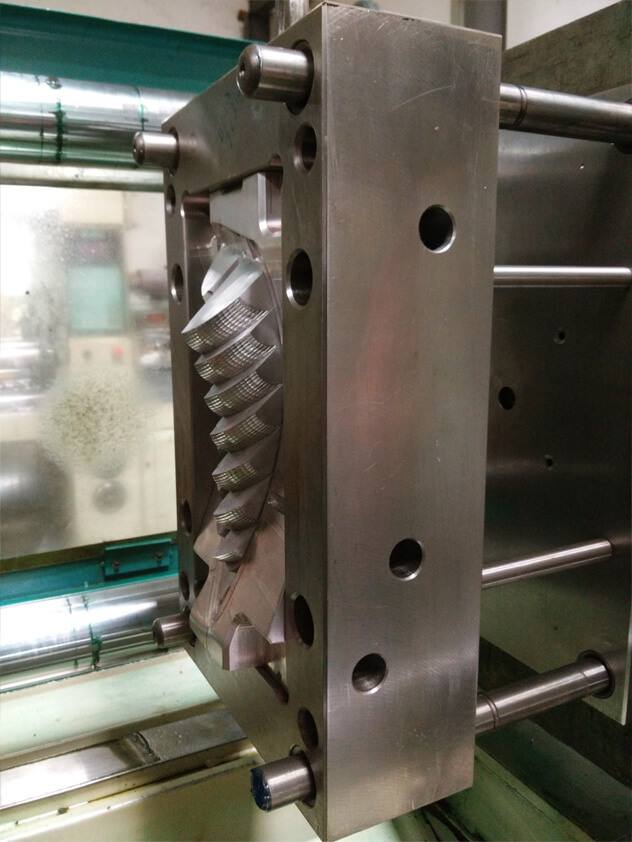RESEARCH & DEVELOPMENT

Developing a new product can be time consuming and expensive. To accelerate the launch and more quickly validate a new product, Latest technology of prototype tooling is common to provide immediate scan data and characterize the microstructure of materials.
PRODUCT DESIGN
Testing different design ideas includes new and innovative methods, but also the use of reverse engineering for existing part geometries. The design of complex components is thus facilitated, thanks to the 3D rendering and the measurements which can be carried out on it.
ENGINEERING
Latest technology is also primarily common as a tool to validate engineering design. The entire product is inspected to ensure the stability of the components to be assembled and their efficiency. Having the data from the tomography scan available before testing the prototypes provides important information and saves time
PROTOTYPING
Checking a newly manufactured product before it launches in the market is now an easy task thanks to tomography: it is no longer necessary to cut your sample; Latest technology of prototype tooling is a non-destructive technology that allows you to retain valuable information and not to damage your parts. The comparison between the expected and obtained results gives you a better idea of the quality.
PRODUCTION & QUALITY CONTROL IN PROTOTYPE TOOLING
Ø PRODUCTION
Although Latest technology has historically been a laboratory technology, over the past decade it has established itself in production environments and has become an important tool for doing inline scanning - or Inline CT. The production monitoring by tomography makes it possible to detect defects, porosities, inclusions.
This gives you immediate feedback on your parts, allowing you to optimize the production process in real time.
Ø FAILURE ANALYSIS
Latest technology of prototype tooling effectively monitors all component characteristics and not only consistently shortens the time to market for your products, but also saves money by avoiding time to market damage. 'a defective product. Latest technology can quickly detect problems with your parts and their performance by going far beyond simple monitoring.
Ø GUARANTEE AND COMPLAINTS
With X-ray tomography, you will inspect and analyze defects in a non-destructive way to determine their origin. Guaranteeing the quality of a product will no longer be a challenge with micro tomography because the origin of the problem is easily and quickly detected.
Cooling systems play an extremely important role during the production of a part and even in the tryout phase. In many situations, an overview leads to the need to rework the mold, prototype tooling from design to conception. A proper refrigeration system can detect the occurrence of problems regarding the quality of the injected component and even indicate an increase in the injection cycle time.
Main function of the prototype tooling refrigeration system
The main function of the cooling system is to control the mold temperature. In this control, the thermal performance of the molds directly influences the properties and apparent defects in the product and the productivity of these tools. According to STEINKO (2004), 60% of apparent defects originate from the mold's thermal configuration and may be related to an inadequate cooling system.
Cooling system steps
The operations involving the injection molding process, also known as the molding cycle, can vary significantly, however, they basically comprise: mold closing, injection, prototype tooling, pressing, plasticizing, cooling, mold opening and extraction of the product, ending with the mold open.
The purpose of this phase is to homogeneously, quickly and constantly reduce the temperature of the molded part until the part acquires sufficient rigidity to extract from the mold. The mold cooling process directly links to several factors, such as:
- External temperature of the mold surface
- Environment that surrounds the mold
- Refrigerant fluid conditions
- Mold material
- Material to be injected
- Temperature of the material to inject
What is mold fabrication in prototype tooling?
Mold fabrication is one of the essential steps for the success of a new product project. At this stage, a prototype plans according to the project. This comes with the objective of being more assertive in the production of the final product.
During this phase, a series of factors and critical points can impact the process. This includes prototype tooling and the polymer.
Many materials require a different care at the time of making the mold. And at this stage that the choice of raw materials carefully assesses their properties becomes fundamental, characteristics such as:
- the correct contraction of the material
- Extraction angles among others needs consideration.
Process of mold fabrication in prototype tooling
After analyzing and designing the parts, an analysis is carried out based on the available polymers, evaluating some critical points that will directly impact the injection process. Problems such as the cooling system and the mold design in general.

Ø The choice of tools
Which tool is actually suitable for use in your own four walls? So that you can make the right choice, you should first clarify what and how often you want to use the prototype tooling. Whether spontaneous repairs or planned renovation work - with the right equipment, you can get started right away and finally tackle projects that have not been completed.
Ø Regular use of tool
Those who use their tools regularly should make sure they are of good quality when buying them. This way you can benefit from it for a long time and, above all, work well and safely with it.
Ø Cheaper tools
However, it doesn't always have to be professional equipment. If you only need the devices occasionally for minor repairs, you can also purchase cheaper versions from the discounter or hardware store grasp.
Requirements: Engineers with long-term working experience, good situation handling skills.
Failure to do so may lead to the following risks:
+ Time of completion is not on schedule.
+ The number of mold tests increases causing loss of time.
+ Increased design costs cause economic losses.
Summary prototype tooling
The benefits of prototype tooling are increasingly boosting in the field of plastic product manufacturing. Similarly, this is serving the diverse needs of many industries from manufacturing household appliances, automobiles and motorcycles to medicine, science and aerospace.





